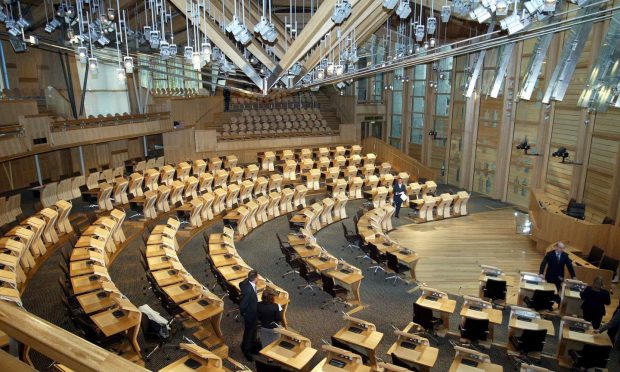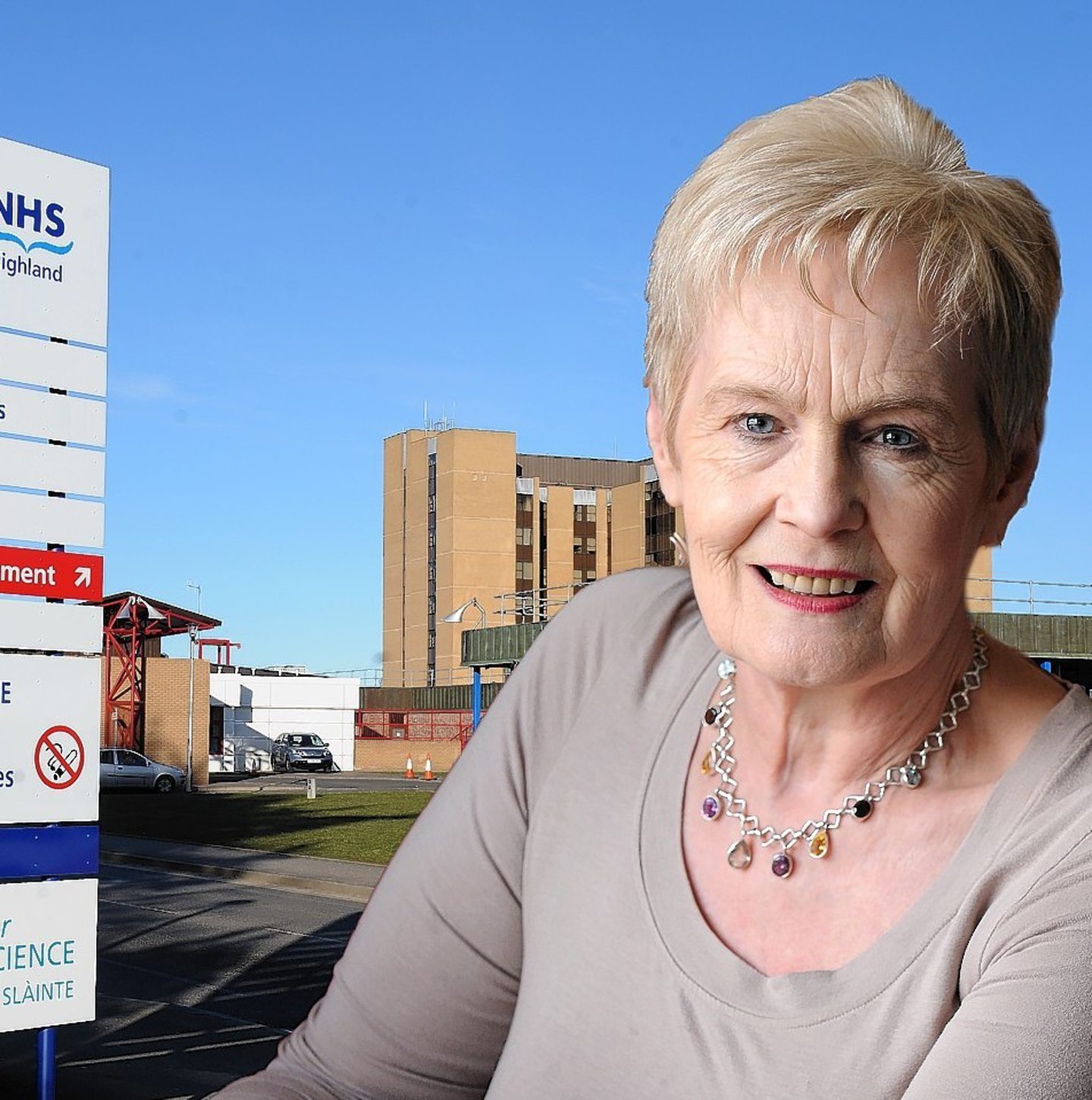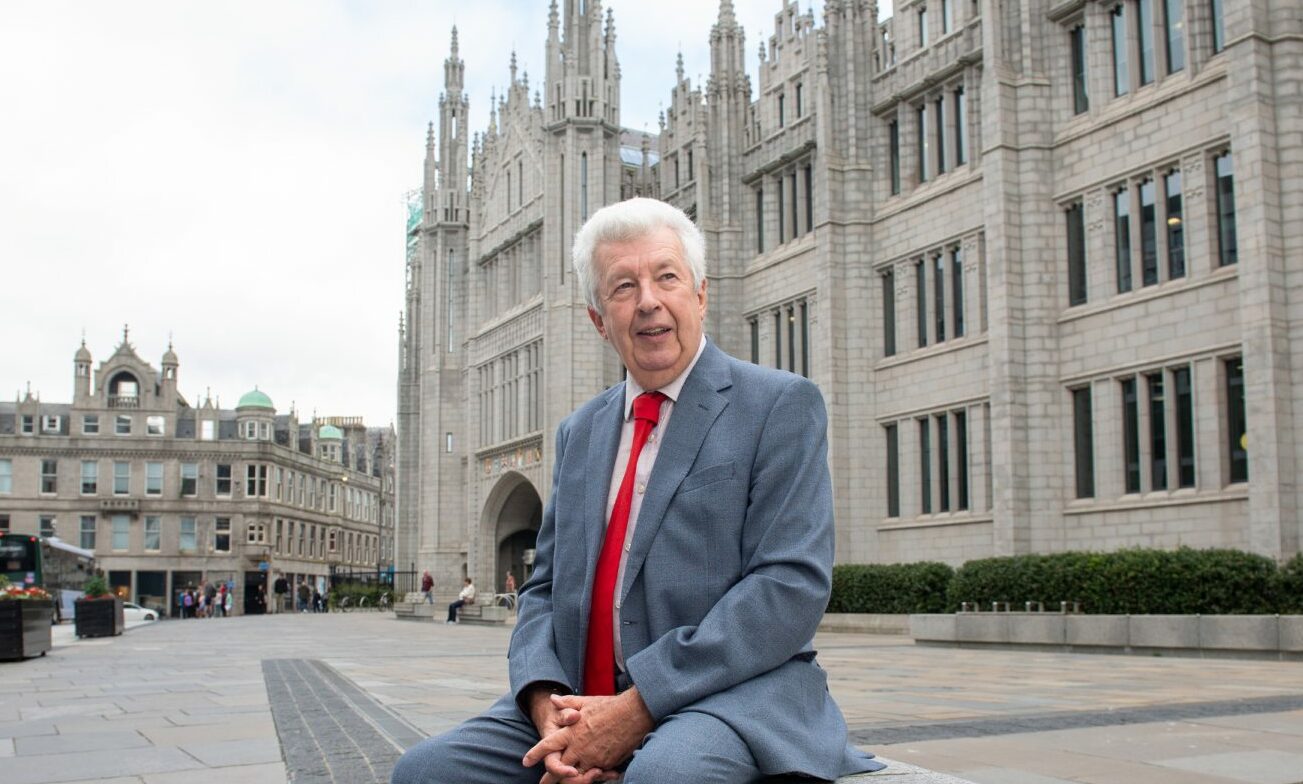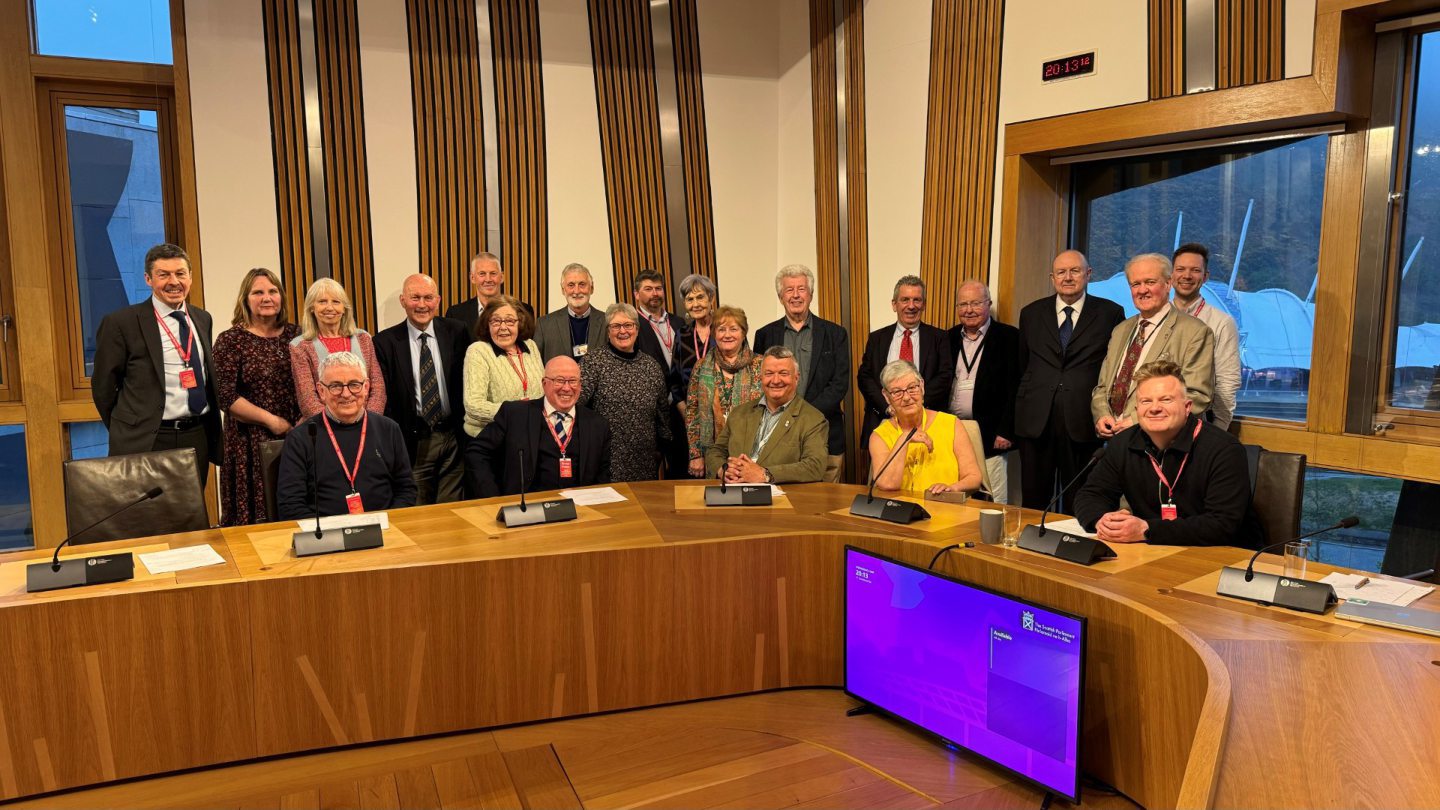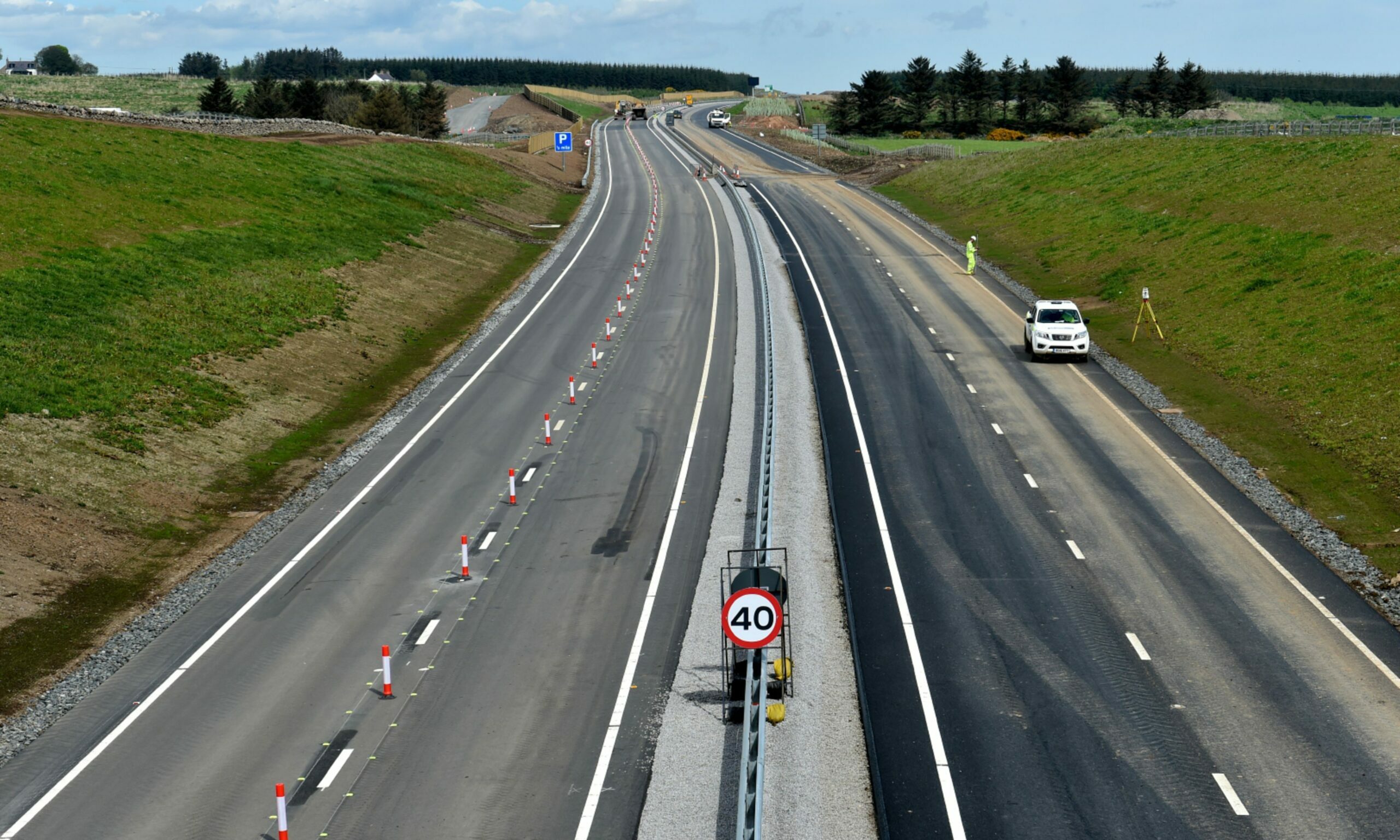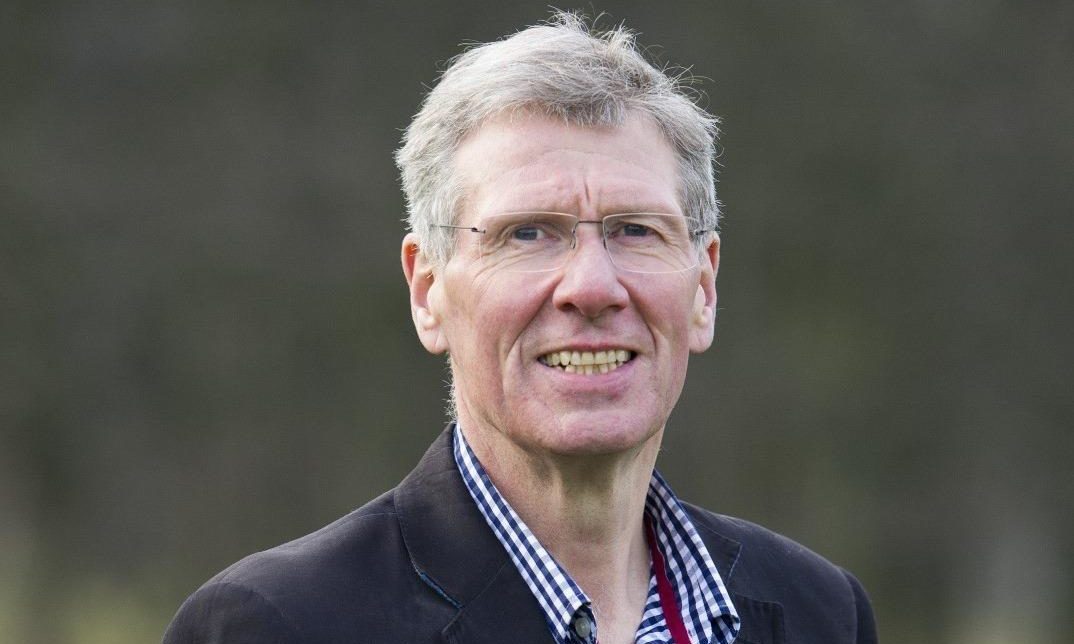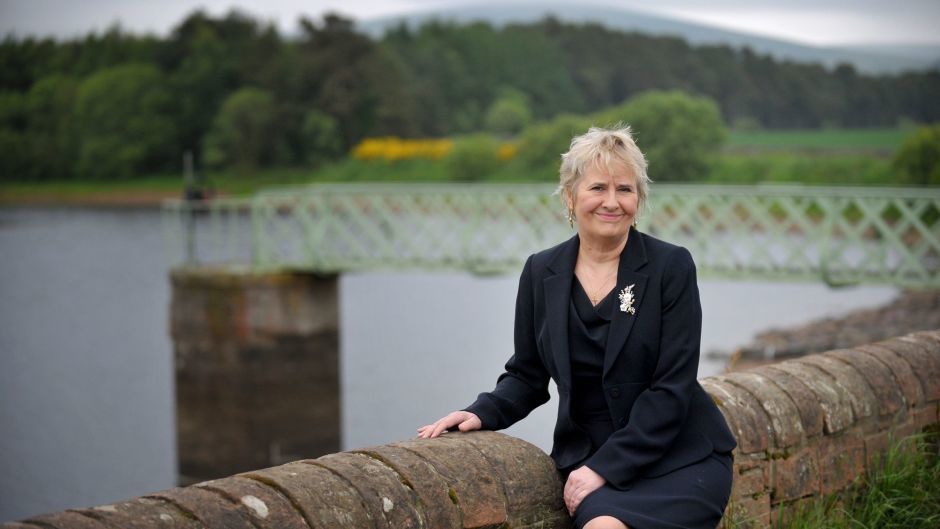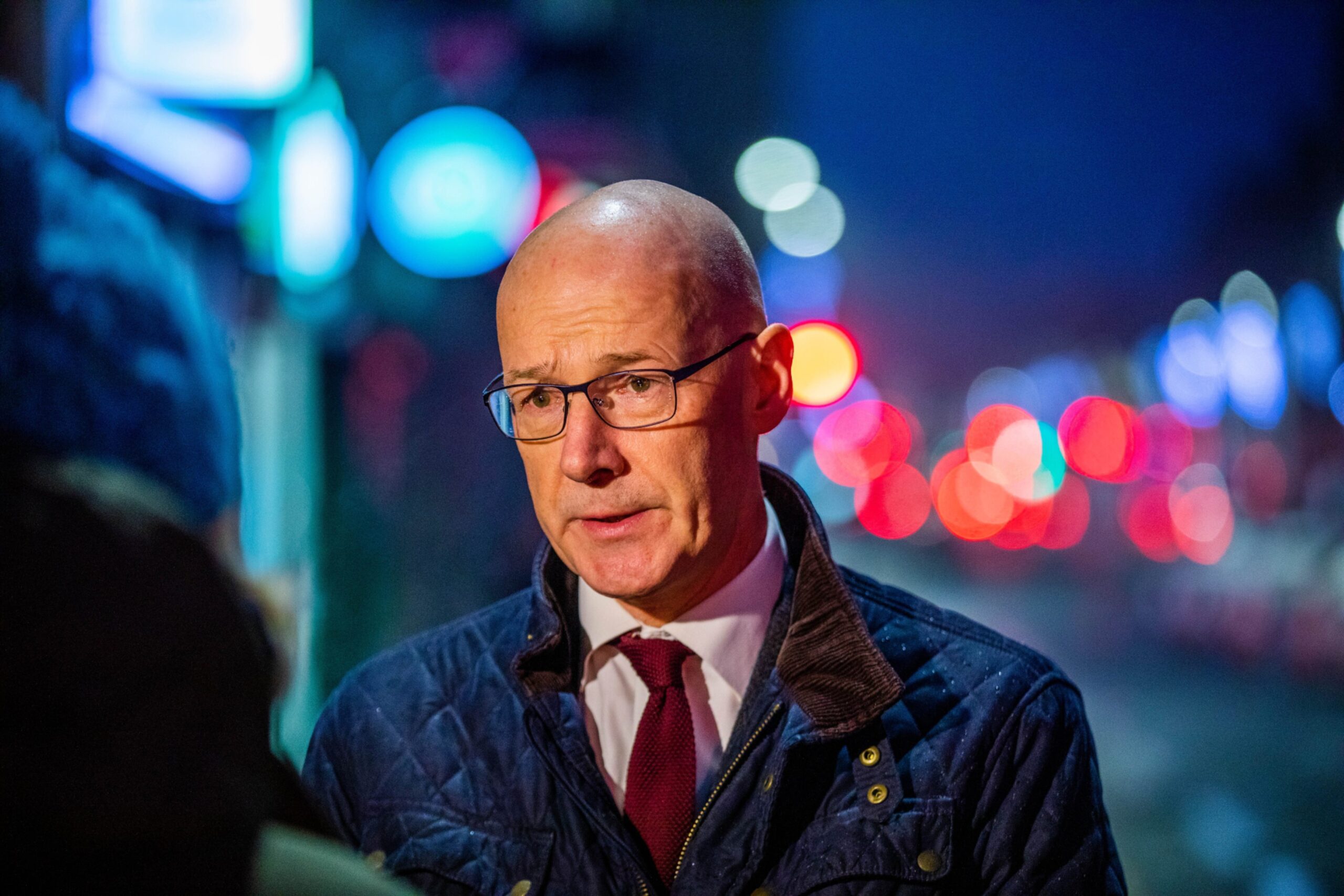They were known as the White Heather Club; three members of the inaugural Scottish Parliament when it opened for political business in 1999.
Despite being from different parties, Conservative MSP, Mary Scanlon, regularly met up with SNP – and later independent – firebrand Margo MacDonald and her colleague Christine Grahame, who is still in the thick of the debates at Holyrood today.
The trio could discuss the crucial issues of the day and agree to disagree on everything from privatisation to funding for the police, the NHS and education. They were adults who “parked their politics at the door” to engage in constructive democratic discourse.
Kenny MacAskill, of the SNP (who is now an Alba MP) and Labour’s Henry McLeish were also among the initial cohort who walked into the debating chamber 25 years ago this month. They still have contrasting views on a range of subjects including Scottish independence, but they enjoyed a meal and a chat together as recently as last week.
Yet there’s little sign of that cross-party camaraderie among many of the younger elected representatives who have taken the place of most of the original cast.
‘We had high hopes at the start’
As Ms Scanlon, who was MSP for Highlands and Islands from 1999 until 2006, then 2007 to 2016, told me: “I belonged to a party which hadn’t campaigned [for devolution], but our leader David McLetchie made it clear that he wanted us to work positively and constructively with the other parties wherever we could.
“We thought we made some progress in the early years on matters such as free personal care and I know there was mutual respect between [former Conservative leader] Annabel Goldie and [SNP first minister] Alex Salmond.
“I was able to socialise with Margo and Christine and it was civilised; we spoke about our families and how we had a responsibility to work for all the people of Scotland.
“I’m still friends with Christine and we’ve been to the funerals of several colleagues from those early days. But I wonder how many good relationships there are between members from the rival parties in the current climate of tribalism.
“We had high hopes at the start, because we all want better schools, better roads, better policing and a successful NHS.”
‘MSPs fully focused on Scottish policies’
Today (May 12) marks 25 years since the newly elected Scottish Parliament
first met.
Its home was first of all The General Assembly Hall of the Church of Scotland, until the newly constructed Scottish Parliament Building opened in 2004. The new build opened later than planned with a final cost of £414 million – which was much higher than original estimates. The Scottish Parliament has seen seven first ministers sworn-in, the most recent of which is John Swinney, who took up the role this week.
When the late Donald Dewar officially opened the Scottish Parliament on July 1, 1999, he delivered what Nicola Sturgeon, one of his successors as first minister 15 years later, called “one of the finest speeches of our times”.
‘Bringing government closer to the people’
Yet, while he believed devolution was the “settled will of the Scottish people”, many of the latter viewed it simply as the beginning of the process towards full independence. And that has led to more than a decade of acrimony and rancour at Holyrood and Westminster, with the Tories and the SNP increasingly haranguing the other.
The former Labour MSP for Aberdeen Central and later the North East, Lewis Macdonald, was among the Class of 1999, but told me about the transformation which has occurred in the last quarter of a century.
Yet he accentuated some of the positive strides forward which have been implemented during his period in parliament which lasted until 2021.
He said: “Devolution was intended to bring government closer to the people, and in some ways it has really worked. Holyrood is quite simply closer than Westminster.
“MSPs are fully focused on Scottish policies and public services, whereas holding the Scottish Office to account was only one part of the job for Scottish MPs before 1999.
Not enough Holyrood devolution
“The north and north-east have benefited from devolution, with a strong focus on regional issues like road and rail transport and the NHS.
“Unfortunately, though, there hasn’t been enough devolution from Holyrood to local communities, here and across the country. SNP Ministers have increasingly concentrated power at Holyrood instead of devolving powers to local councils.
“I was delighted to be able to help deliver free bus travel for older people and a commitment to the Aberdeen Western Peripheral Route when I was a Minister in the Scottish Government 20 years ago, although it took later governments far longer to actually deliver the AWPR than it should have done.
“I was also proud of the work I did in improving access to GP services and NHS dentists, although some of these advances have also gone backwards in recent years.
“Devolution works best when both the UK Government and the Scottish Government believe in sharing power and working together and, unfortunately, that has not been the case so much in recent years.”
‘It’s here to stay’
There’s not the same enthusiasm for sticking with the status quo from the SNP or Alba, which is unsurprising. Both want a clean break. Both still feel it will happen.
As former Justice Secretary Kenny MacAskill, said: “I think how devolution has worked out depends on the time or juncture you consider it from. As with all institutions, they have their ups and downs. It is currently in a down cycle, as it was quite early on.
“That was due to unreal expectations. As with post-Soviet Eastern Europe, some thought that capitalism and new-found freedom meant the promised land and turned against those who had delivered it. That happened in the early 2000s and was focused on the [cost of the £414m] parliament building debacle.
“It then rose and has fallen again. But come again it will. What matters is it’s here to stay and it’s what we make it. Sadly, that’s not as good as it should be at the moment.
“It also reflects a culture within the country where optimism from the early 2010s has passed.”
Roseanna Cunningham can recall the anticipation and thrill of being in the vanguard of devolution. As somebody who subsequently became her party’s deputy leader and held myriad cabinet posts, she realises it was difficult to live up to expectations.
Yet that doesn’t mean the SNP stalwart shares the deflation of others at Holyrood.
She said: “It was an incredibly exciting time in Scottish politics. We knew we’d be setting precedents, so I remember, as one of the first committee conveners, thinking very carefully about how business would be managed.
Some things better than others
“We knew the electoral system [with the introduction of list MSPs] would mean adjusting to a new way of looking at representation and at what government and opposition would look and feel like in comparison to Westminster.
“Being better than Westminster was a very definite expectation. As to how it has worked out? Well, some things have worked better than others.
“The committee system hasn’t quite lived up to the early promise, but it’s also true to say the Parliament has passed legislation and introduced policies that are to the benefit of Scots which would never have seen the light of day if it had been up to Westminster!”
